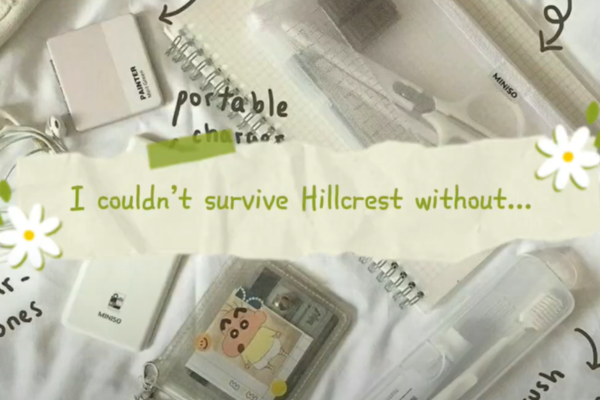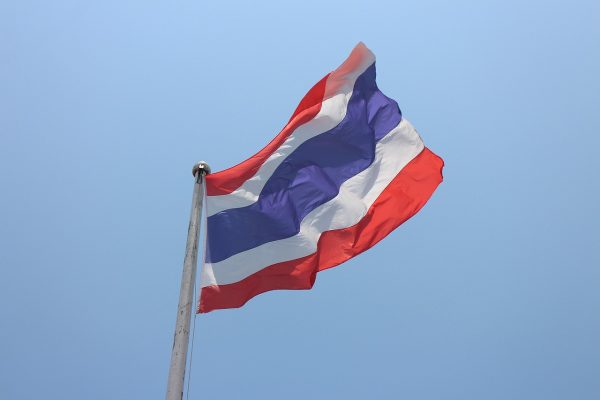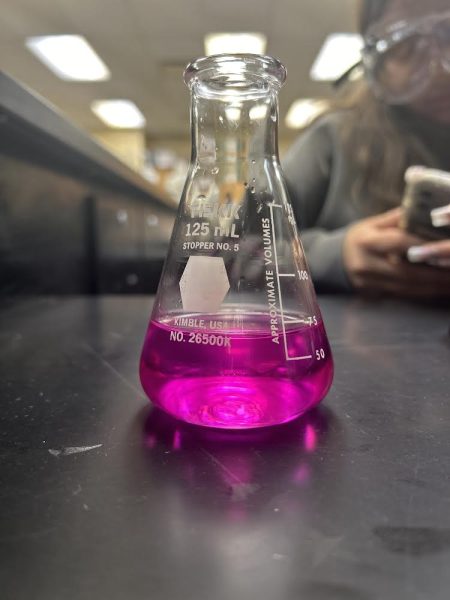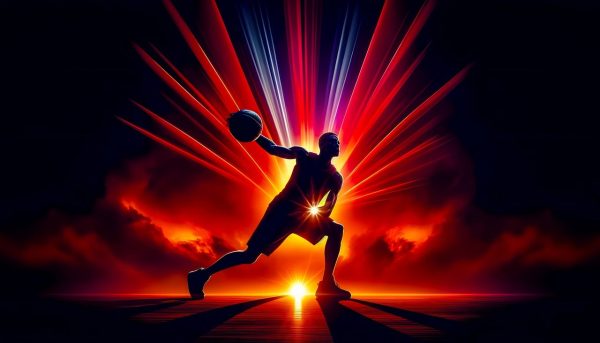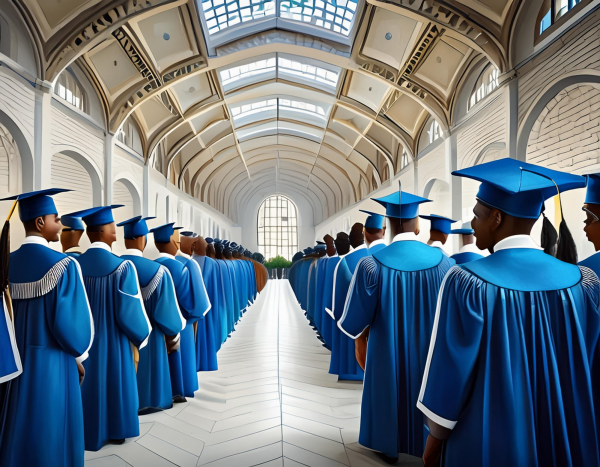When Will the Fight End?
Image by Orna Wachman from Pixabay
November 10, 2020
At the end of my junior year, I saw a video I’d never forget. It was the video of George Floyd. What followed shortly after was a level of national outrage I’ve never seen before. Streets filled with protestors and activists chanting “No Justice, No Peace,” and eventually I would join them. Attending a local protest, I was afraid given how America brutalized its citizens, who are simply seeking justice. But, I didn’t let my fear prevent my fight for justice, so I marched. It was peaceful and any attempt to cause violence was quickly shut down by other protestors. It was a beautiful sight to see people of all races and ages march in the name of justice. The American government tried to strike fear in the hearts of their citizens, but it failed as we continue to fight for what we believe in.
People are not only protesting in the streets, but also digitally, using their social media platform to fight against police brutality. Through social media, these problems are put into the spotlight. For example, the call of justice for Breonna Taylor was constantly spoken about with petitions under posts and hashtags along with sayings, #SayHerName and ‘arrest the cops that killed Breonna Taylor.’ Social media also allows citizens to become their own reporters. Often the mainstream media would only show the violence at protests in order to paint them negatively. Social media allows people to portray protests from their own narrative. For example, a video released of a man in all black, covering his face while destroying property. It was revealed the man was a provocateur, stirring up riots and violence at peaceful protests. Without social media, the actions of the provocateur would’ve been blamed on innocent protestors. Social media has permitted the average citizen the power to control the narrative and make change.
To make change, we must realize how we got here in the first place.
On an entrepreneurial level, many businesses are donating their money to Black Lives Matter organizations. Walmart, Target, Apple, and more have donated millions of dollars to the cause. However, do these corporations truly care about Black lives? Afterall, Walmart and Target donate millions a year to Republican campaigns which usually hold negative views of the movement. If they continue to fund these campaigns, it should become clear that they don’t truly mean their words. However, this is to be expected for corporations because their main focus is to make money. What people are truly examining is the political response of the government.
As of now many states have made efforts to combat police brutality. California’s government has banned neck holds and Memphis has filed a policy which penalizes officers for not punishing misconduct. Many other states have made similar reforms to the ones above, but I wonder if it would be enough. In my eyes, these reforms can actually make a change, or they could lessen the issue without truly solving it. The issue of police brutality is much deeper than bias training or banning certain techniques. It goes much deeper than that. The relationship between the Black community and the police is filled with tension. Police are to protect and serve the people, but history has shown us otherwise. When Black people marched for their rights in the 1960s who were they met with? The group that was supposed to protect them sent guard dogs to harm them, sprayed them with hoses, stripping them of their humanity. And 60 years later when Black people march for their rights who are they met with? If the police haven’t made any reform from that time period to now, how can we expect the Black community to trust them? Without making reforms to the police, the Black community has every right to question whether they serve the same purpose as they did before. In order to mitigate this distrust, the police must acknowledge their past and apologize for their actions toward African-Americans. Police should be more active in the communities they serve in order to gain their trust and learn about them. The responsibility to fix these issues shouldn’t be in the hands of the oppressed.
But sadly, it seems to be the case as the protests continue months later. However, this time it isn’t expressed by marching in the streets, rather it is by standing in long grueling lines to express their freedom to vote. Throughout the 2020 Presidential Election, African Americans have stood in long lines to vote for a new presidential candidate. They faced broken machines, threats from Trump supporters, and bad mail service. Despite those things, African Americans still made their voices heard in high numbers, causing them to determine the outcome of the election in favor of Biden.
These issues mean a lot to me because as a Black person in America, it hurts seeing my community treated as if they don’t matter. It hurts knowing that my family could face police brutality. It hurts knowing that one day, I could be a hashtag. I want to change this and in order to do so, we can’t view these issues from a surface level perspective, we must get to the root of the problem. To make change, we must realize how we got here in the first place. A truthful dialogue must occur in order to confront our past and I’m willing to start the conversations that must be had.

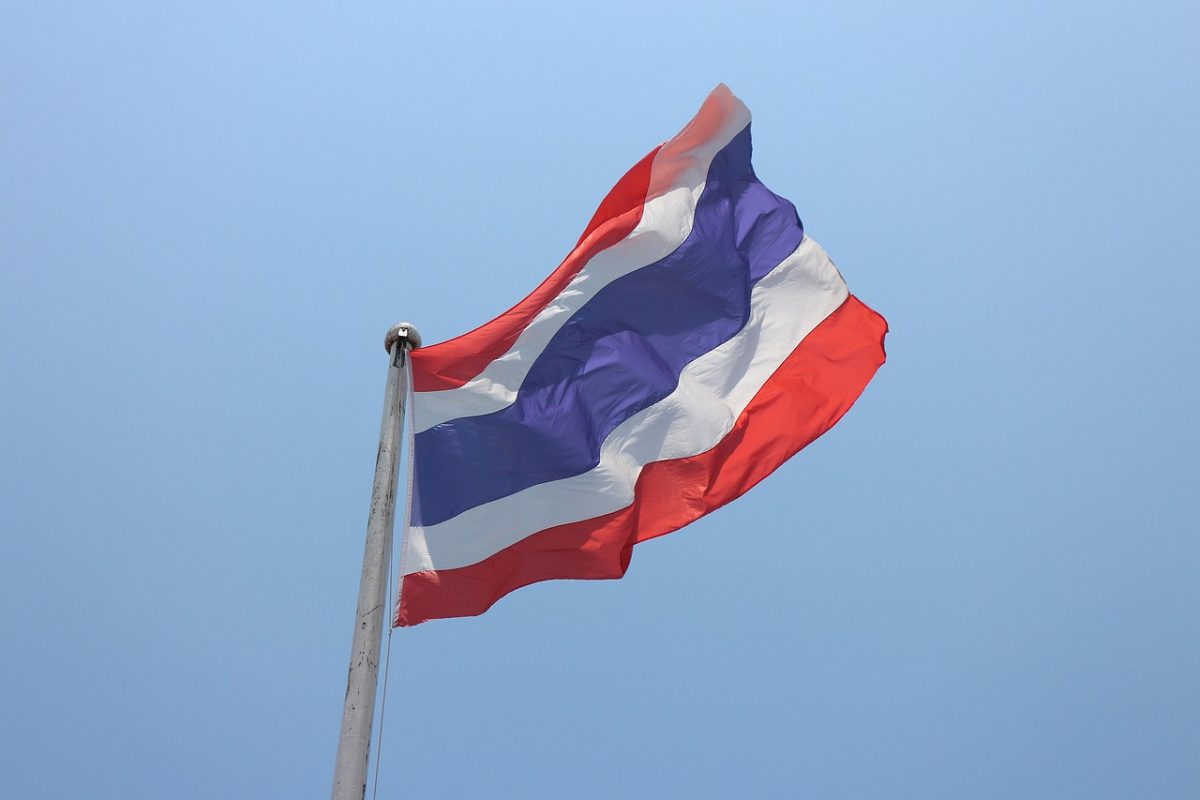
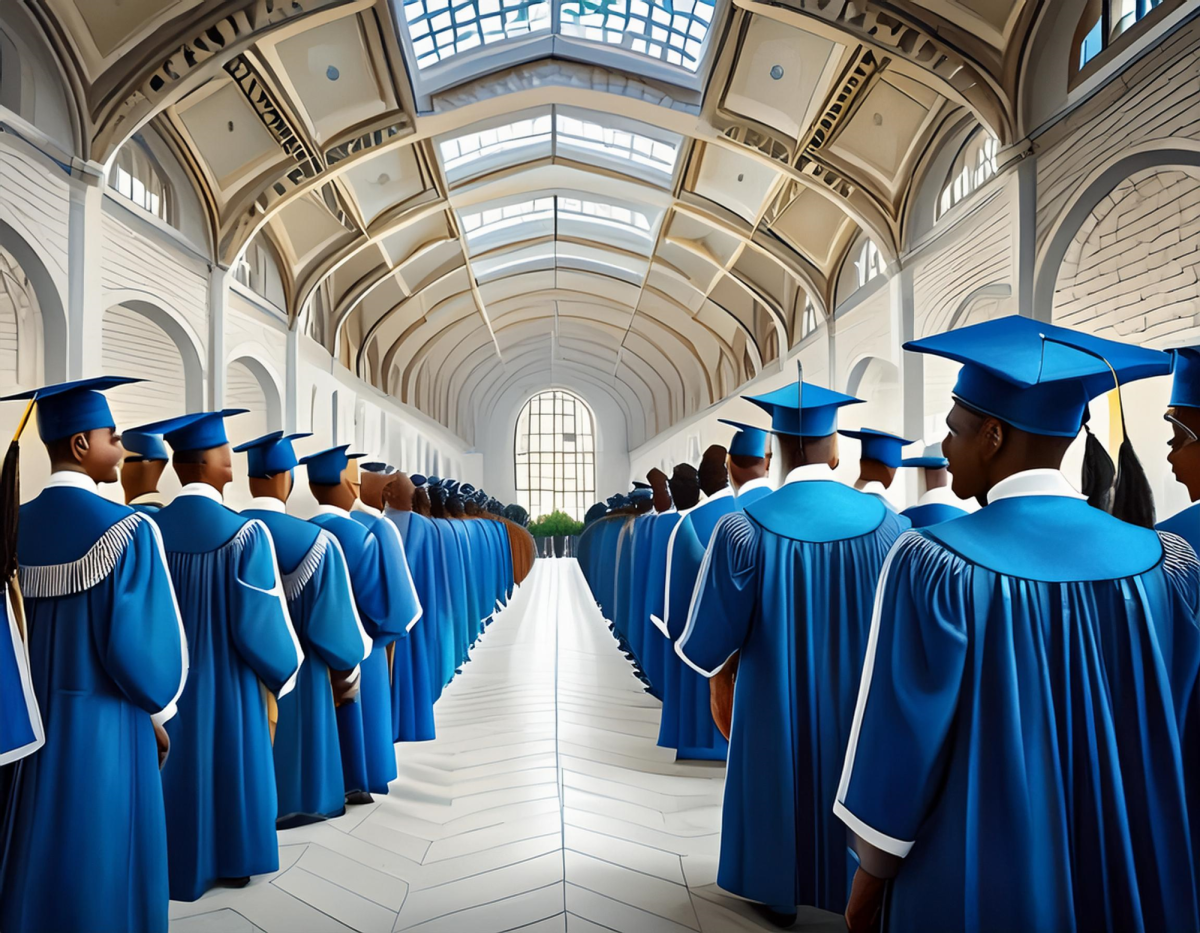
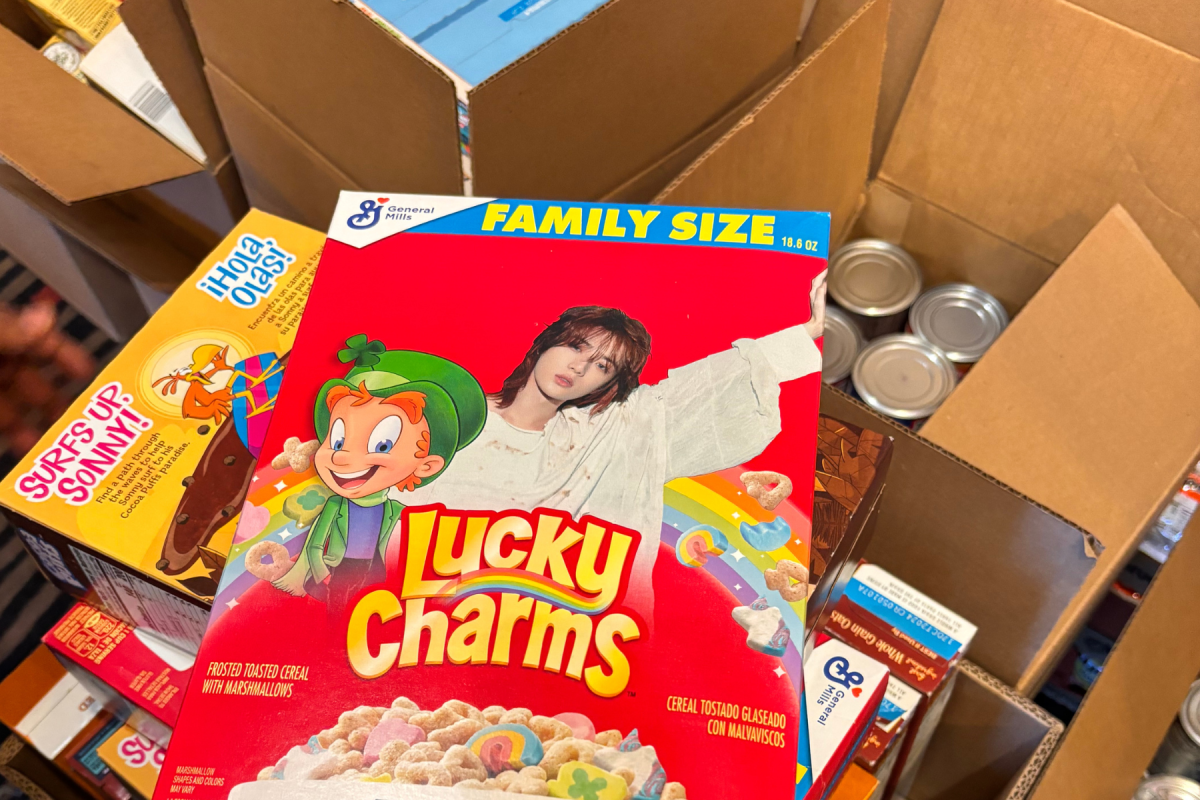

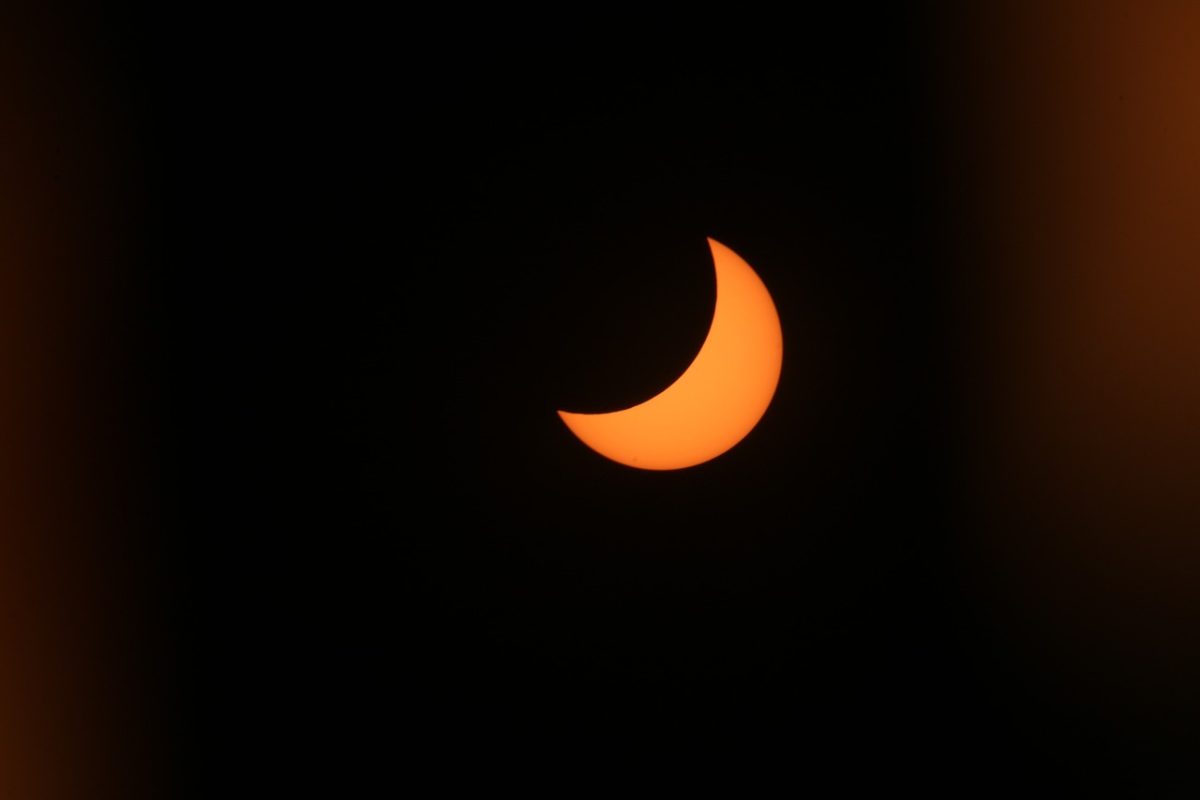
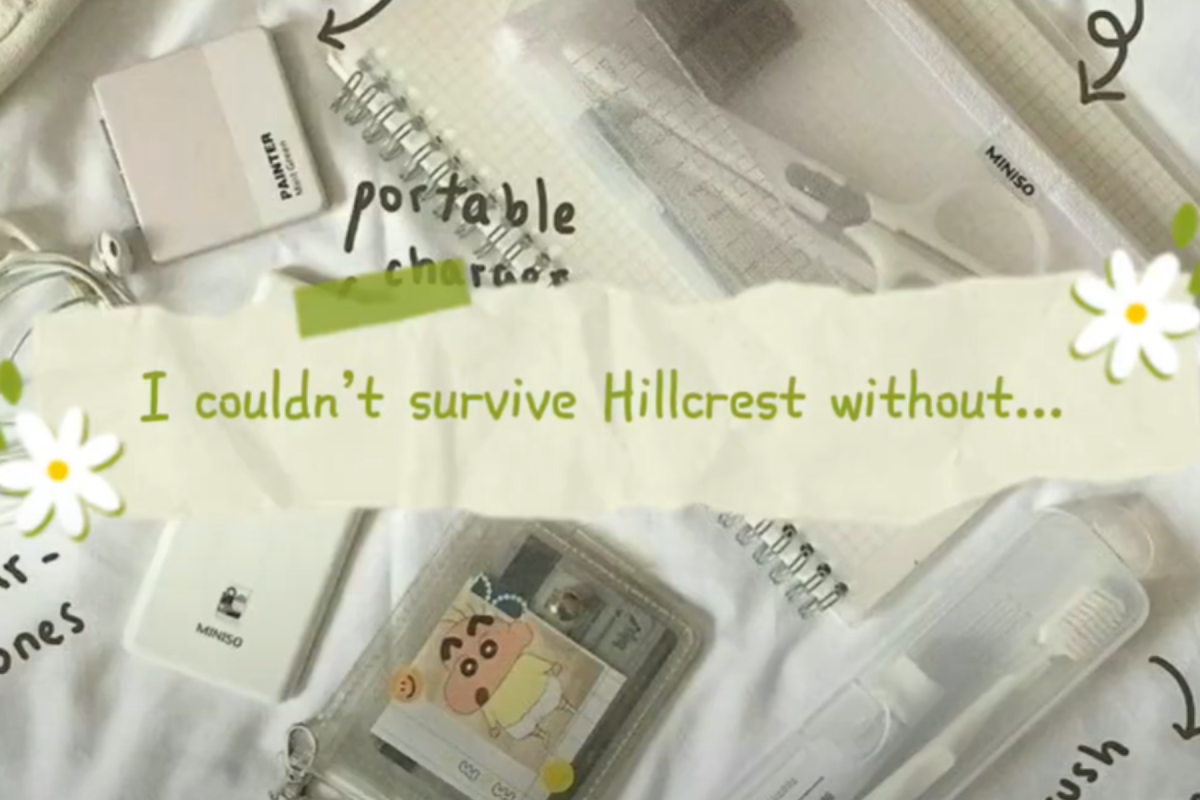

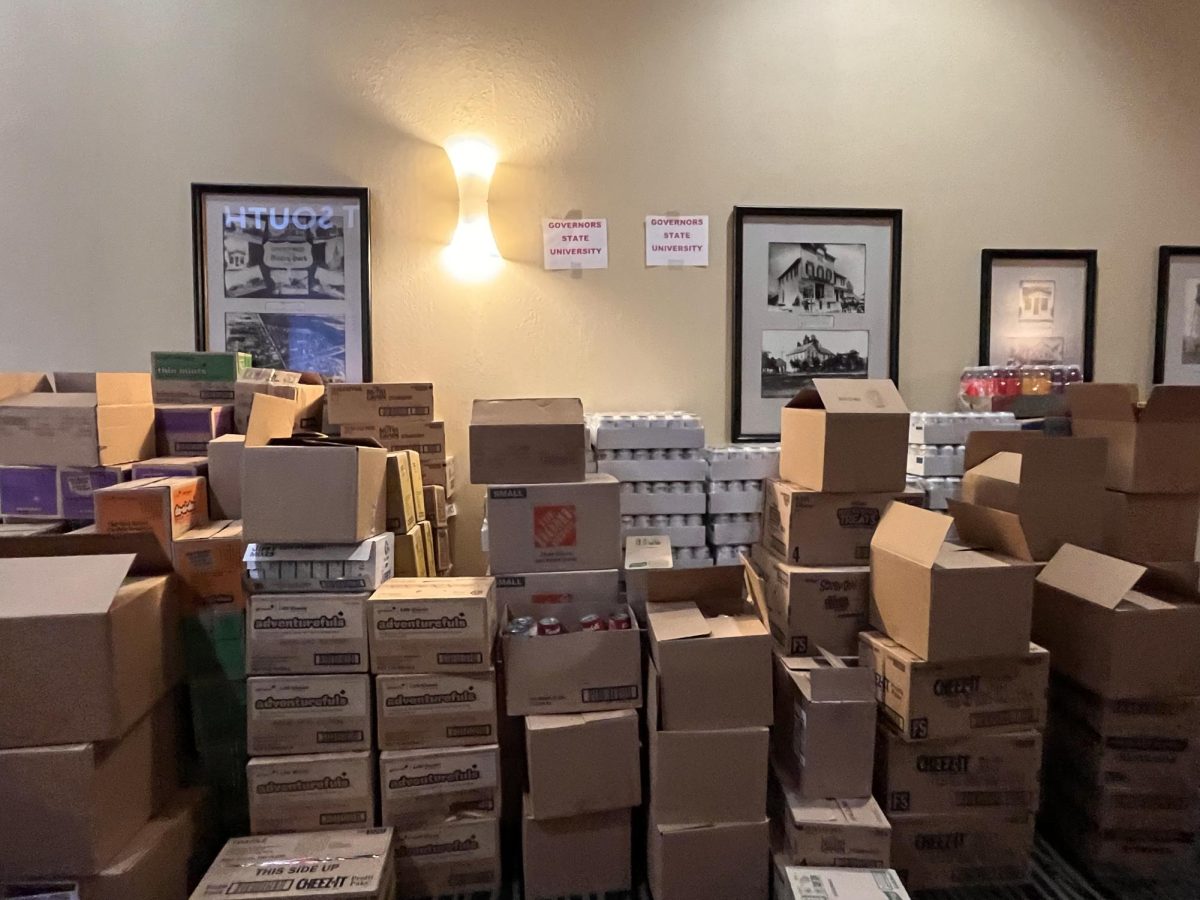


![Princess Peach Showtime! [My Take]](https://hillcresthawkeye.com/wp-content/uploads/2024/05/princess-peach-showtime-1200x675.webp)
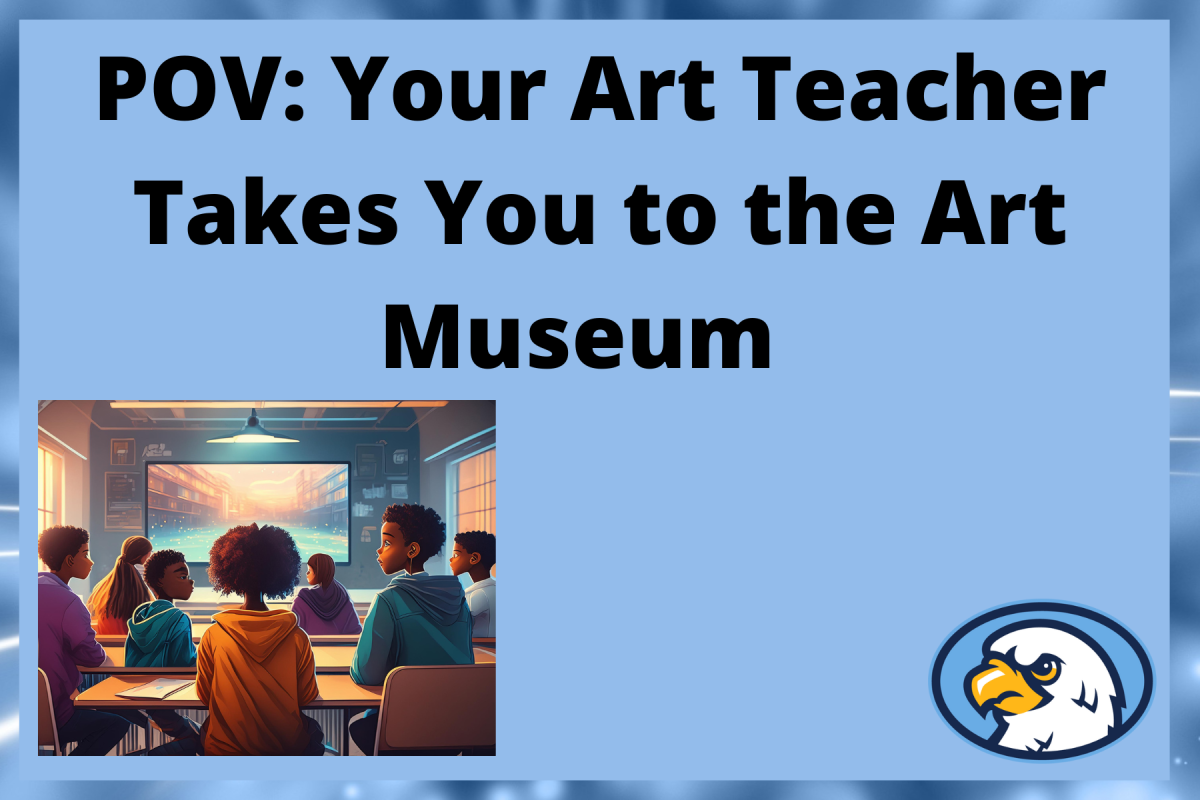

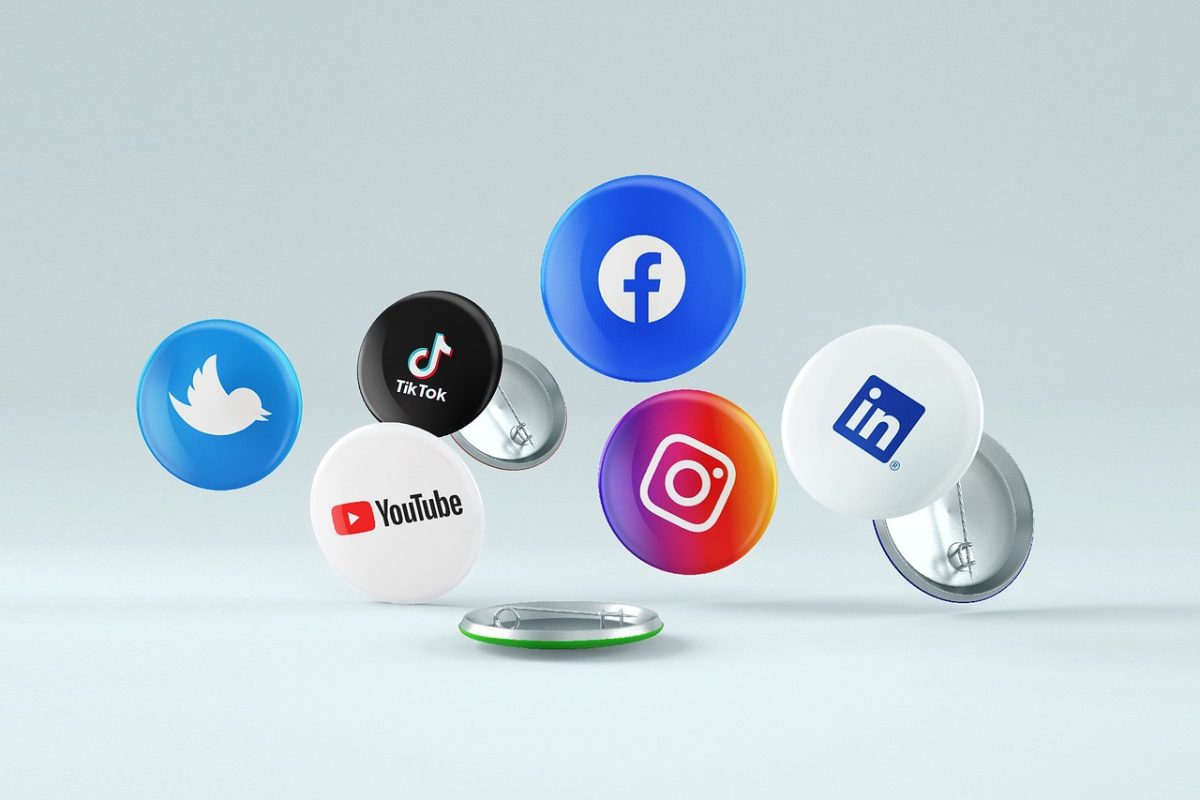

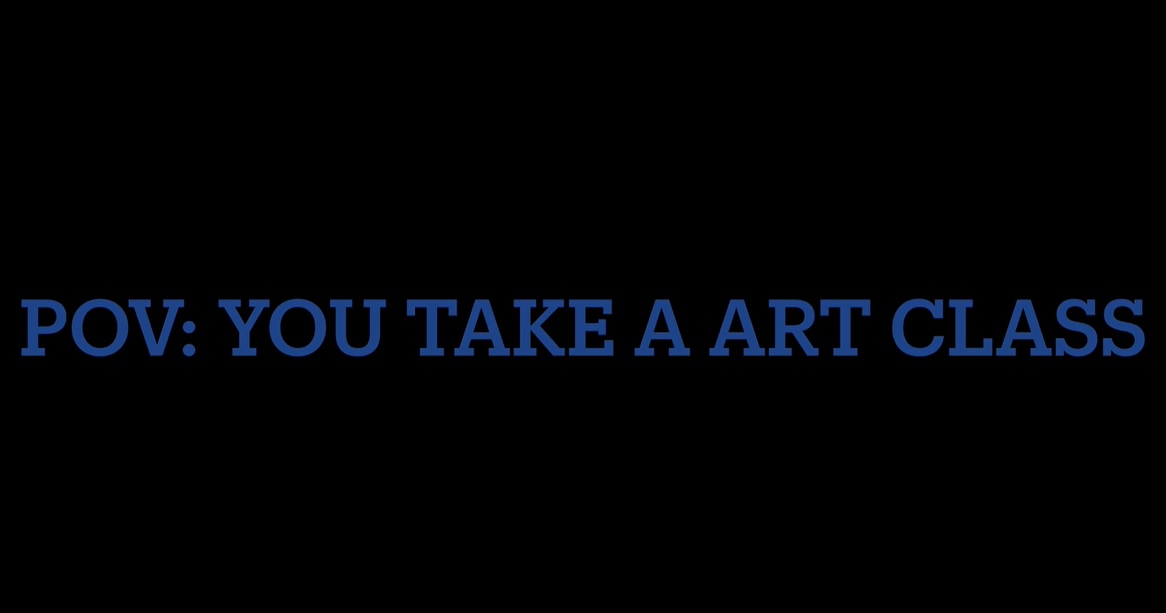
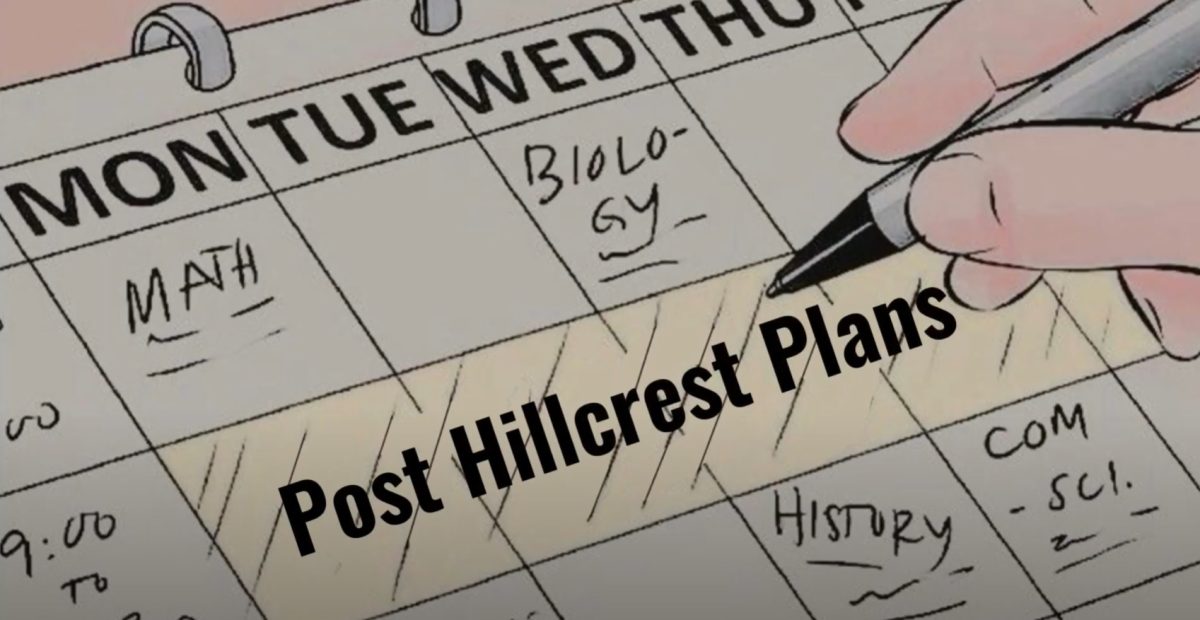
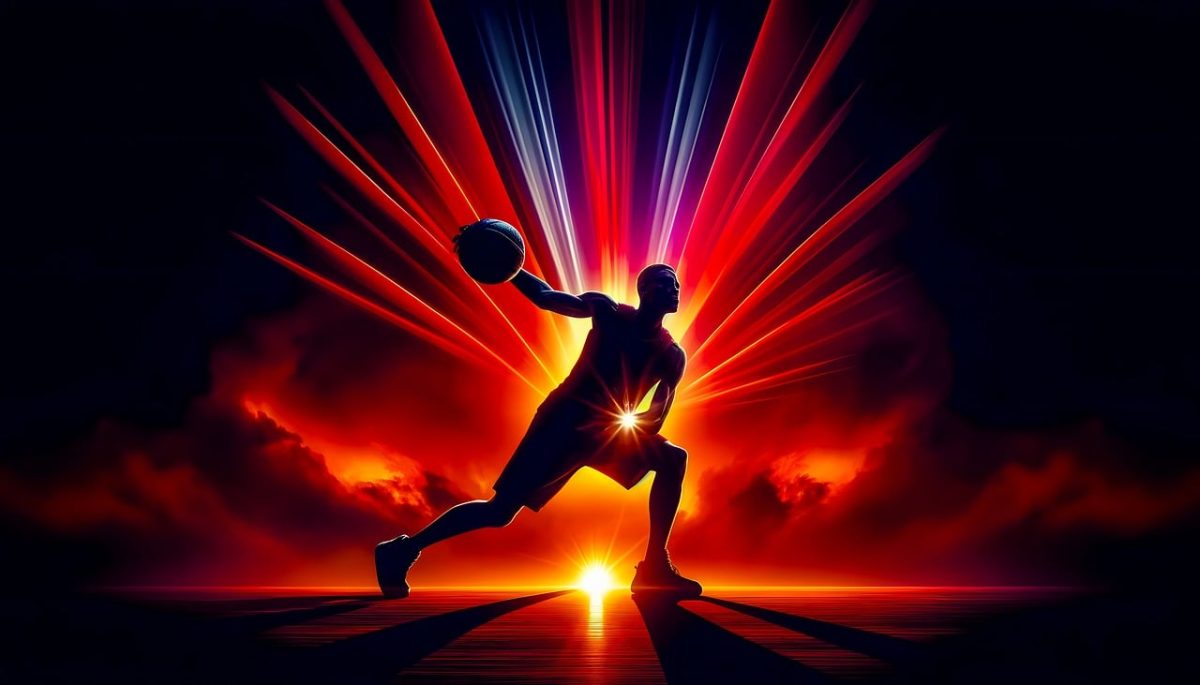

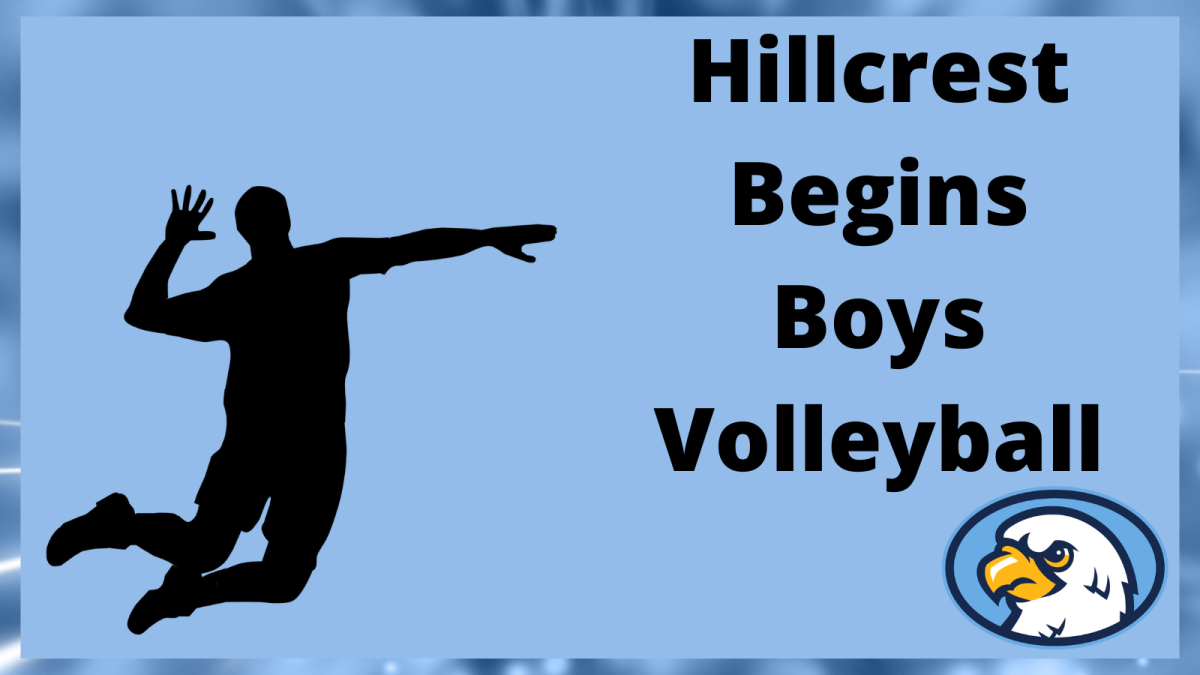
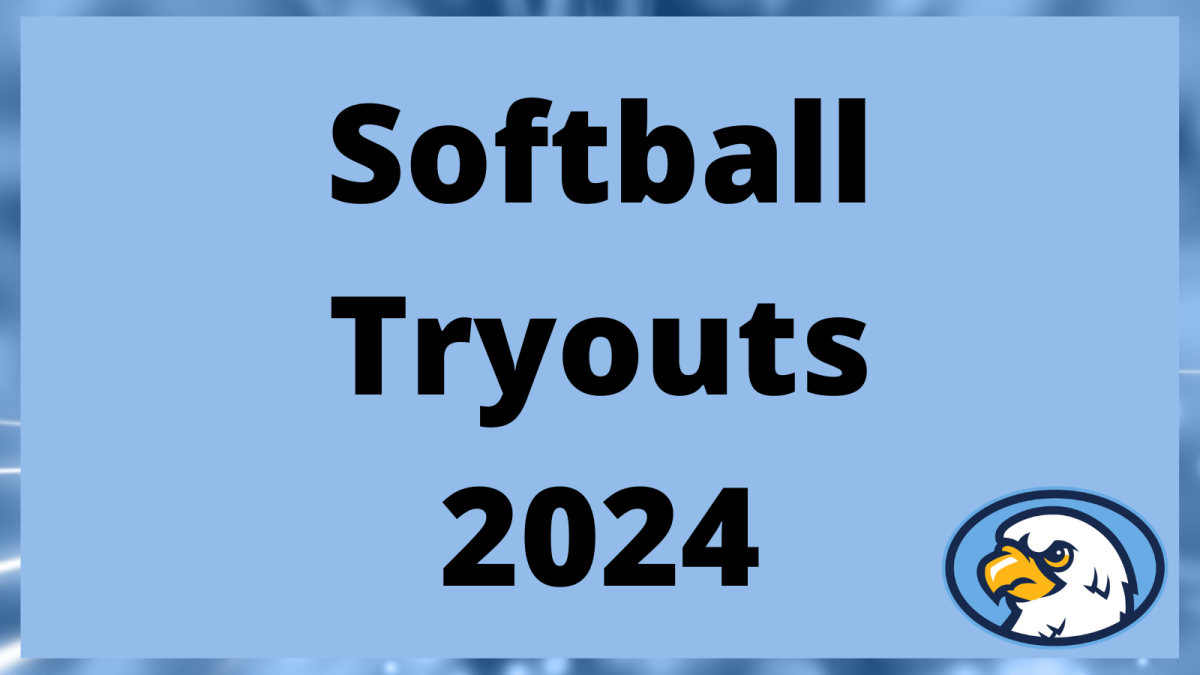



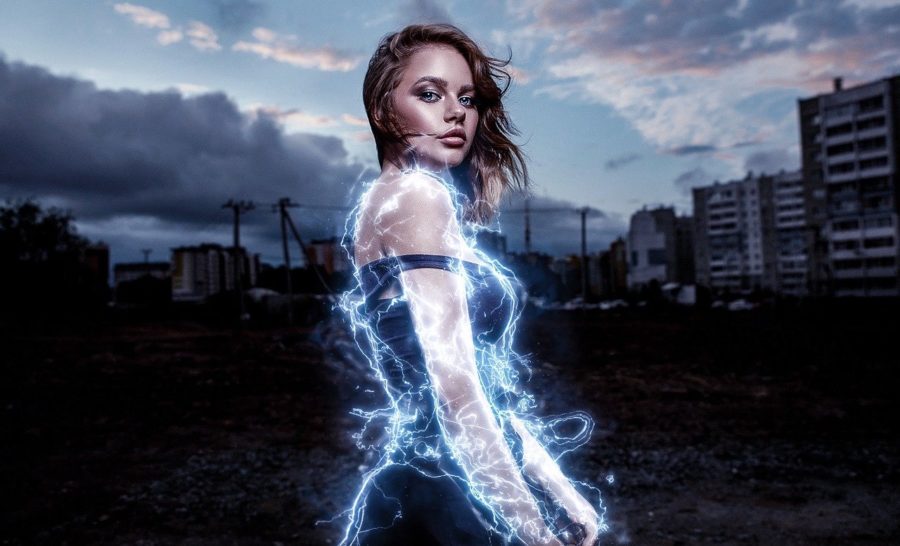



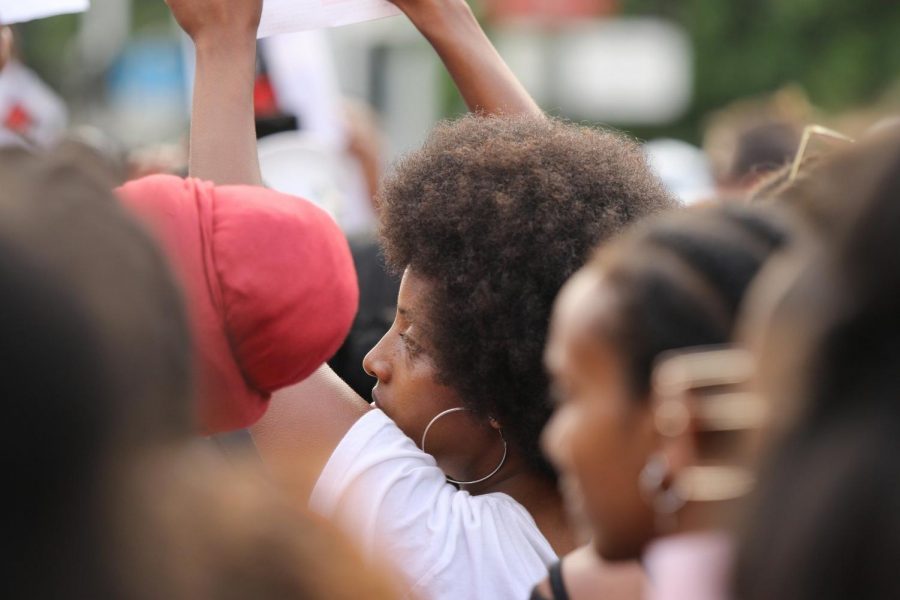



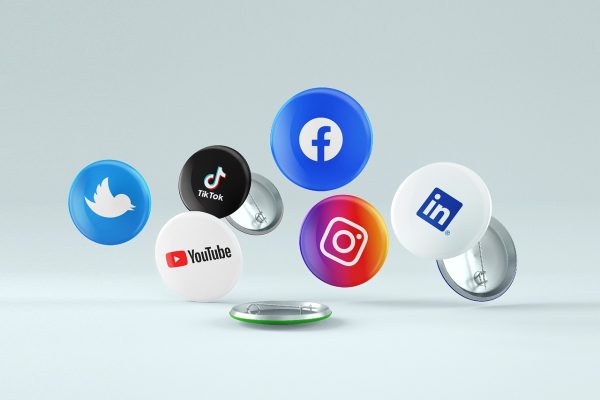

![Princess Peach Showtime! [My Take]](https://hillcresthawkeye.com/wp-content/uploads/2024/05/princess-peach-showtime-600x338.webp)
